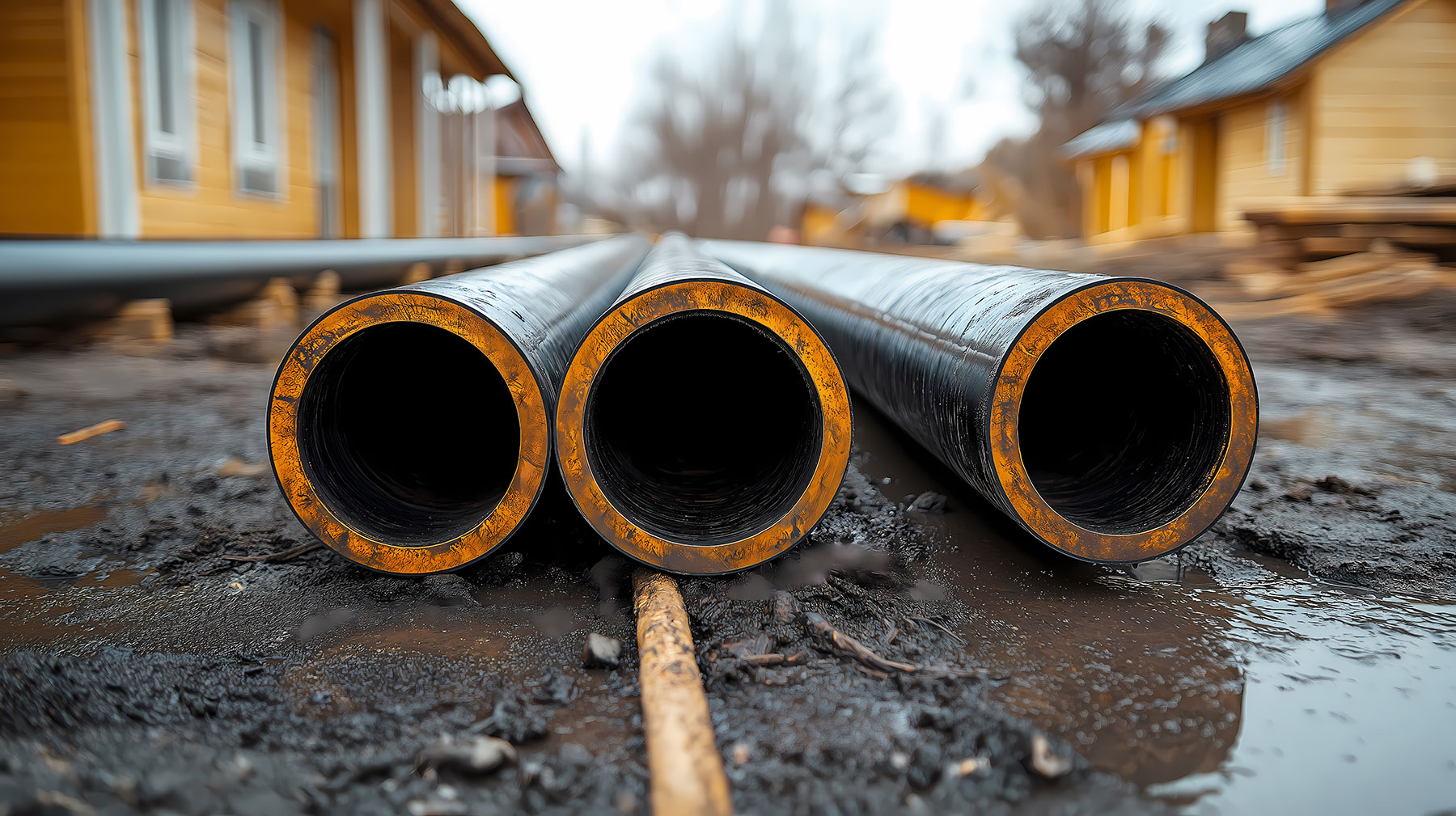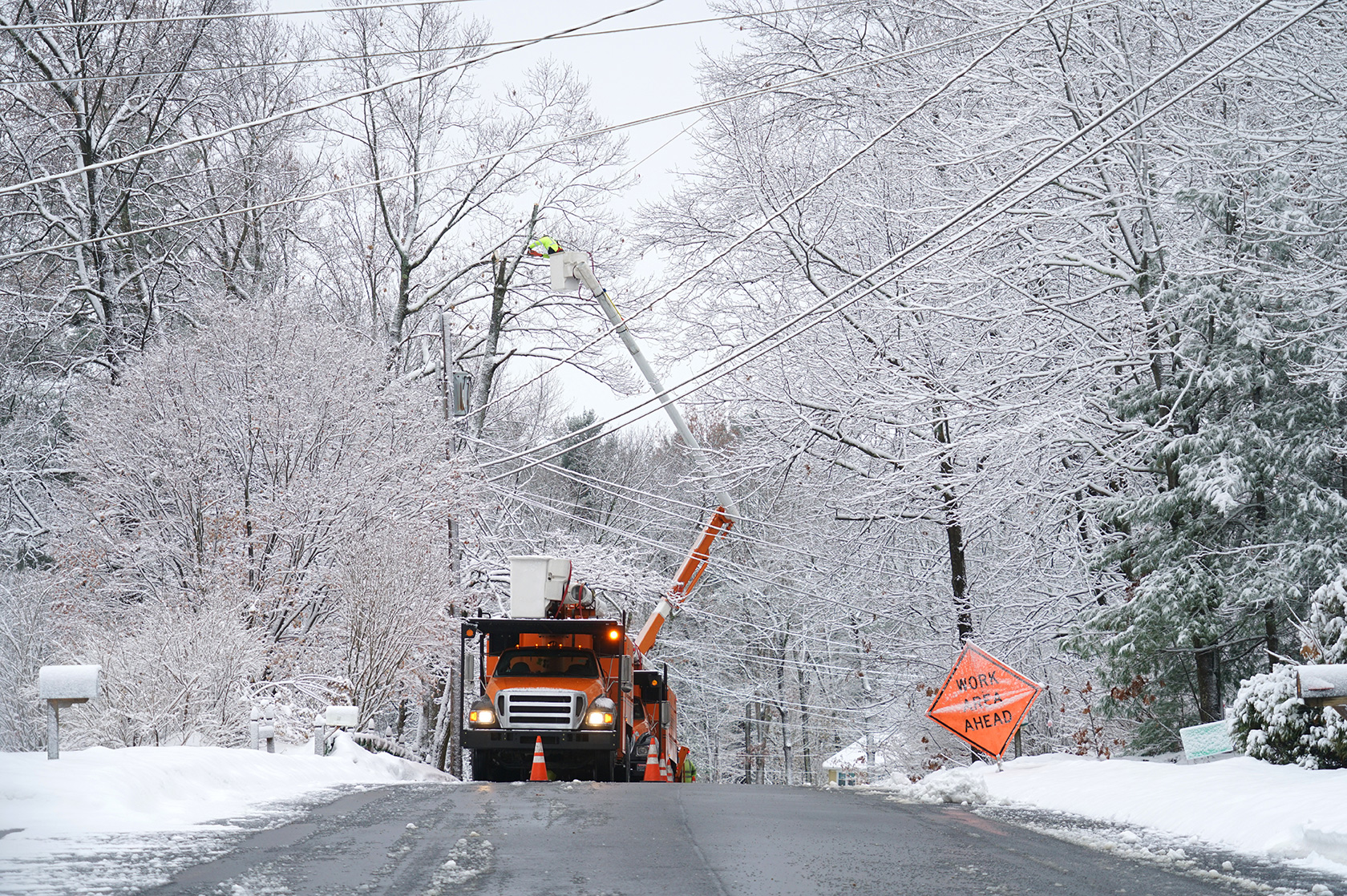Three Key Facts:
-
- Pennsylvania is receiving $152 million from the Biden-Harris infrastructure plan to replace tens of thousands of lead service lines by 2026, prioritizing public health and safe drinking water.
- The project will create hundreds of well-paying union jobs, increase property values, and reduce long-term healthcare costs associated with lead exposure.
- Pennsylvania’s plan aims to reduce health disparities in low-income and underserved communities, setting an example for other states dealing with aging infrastructure and lead contamination.
-
Pennsylvania received a $152 million grant from the Biden-Harris infrastructure plan to identify and replace thousands of lead service lines statewide, helping to prevent exposure to lead in drinking water.
“With this funding, we are restoring trust in our water supply, so that no family needs to think twice about drinking from the tap,” said Senator Bob Casey.
The EPA has ranked Pennsylvania fourth in the nation for the number of lead pipes, with nearly 689,000 lead service lines statewide, accounting for approximately 7.5% of its total water infrastructure.
Pennsylvania will distribute the funding through PennVEST, a state program that provides low-interest loans and grants for water quality projects. Nearly half of the funds will be allocated as grants and forgivable loans. The state will focus on identifying the communities with the greatest need, prioritizing those that are underinvested or most affected by contamination.
Public Health at the Core
No level of lead is safe, said Dr. Karen Hacker, former director of the Allegheny County Health Department. Even low levels of lead have been linked to a child’s IQ and ability to pay attention, academic performance and other behavioral issues.
“The primary message for us is there’s no safe amount of lead exposure,” said Michelle Naccaratti-Chapkis of Women for a Healthy Environment.
Lead contamination disproportionately affects low-income communities. This initiative ensures that all neighborhoods, particularly those hardest hit by aging infrastructure, will have dependable access to safe, lead-free drinking water.
Job Creation and a Boost to Local Economy
Officials expect the project to create hundreds of good-paying union jobs for local pipefitters, laborers, and construction workers.
Historically, property values increase when lead pipes are replaced and publicly funded healthcare costs decline because of a reduction in long term health challenges associated with lead exposure.
Pennsylvania’s investment in lead pipe removal also aims to narrow health disparities and create community development opportunities.
National Leadership in Lead Removal
The Biden-Harris Infrastructure Law aims to replace every lead pipe in the U.S. within the next decade and is investing in local communities to accelerate progress toward that goal. Only three states – Illinois, Florida, and Ohio – are receiving larger allotments.





